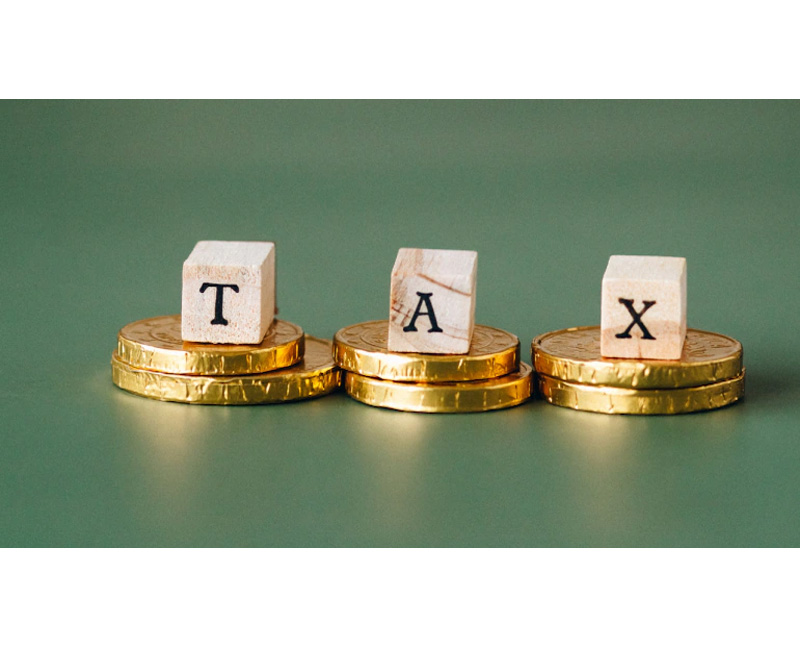NEW DELHI, Jan 29:
The Budget should bring in a simpler income tax return form for assessees having only capital gains or dividend or interest income, along with simplification of the capital gains tax regime, experts said.
Under the income tax law, gains arising on the transfer of capital assets — both movable and immovable — are charged to tax under the head ‘Capital Gains’. The tax rate is different for different asset classes.
Also, depending on the period of holding, the income is classified as short or long-term capital gains and taxed accordingly.
With capital markets in India growing at an exponential pace and companies taking the IPO route to raise funds, there is widespread demand that the capital gains tax structure be streamlined.
Deloitte India Partner Rohinton Sidhwa said the holding periods for different types of assets and the number of tax rates for different types of capital assets should be reduced to a maximum of 1-2 periods or rates (along with related surcharges).
“Economic and commercial rationale dictates that the set-off of all capital losses (particularly long-term capital loss against short-term capital gains) be allowed seamlessly. Finally, the introduction of a single and simpler tax return for assessees (resident & non-residents) earning only capital gains/ dividend/ interest income would go a long way in easing filing challenges,” Sidhwa said.
The Finance Ministry is already working on a user-friendly common income tax return form for all taxpayers and an announcement to this effect is expected in the 2023-24 Budget to be unveiled on February 1.
Nangia Andersen LLP, Tax Leader, Aravind Srivatsan said many startups redomiciling to India and investors across the board have made representations on capital gains regime to be on par with global regimes.
The Budget could simplify the capital gains regime, removing distinctions across debt and equity and also across the short-term and long-term.
“A single rate for taxation of capital gains be it short term or long term be it equity, debt or hybrid products with a unified treatment of assets held beyond 12 months as long term, allowing a free set of losses and carry forward and deduction for STT (securities transaction tax) would be welcome,” Srivatsan said.
Shardul Amarchand Mangaldas & Co Partner Amit Singhania said there should be one threshold of holding period viz if assets are held for more than 24 months should classify as long term.
“Similarly, the rates of tax among the different classes of assets should be harmonised and simplified to provide one standard tax rate for long-term (like 10 per cent) and short-term (like 15 per cent),” Singhania said.
Currently, shares held for more than one year attract a 10 per cent tax on long-term capital gains. A 15 per cent tax, plus cess and surcharge, is levied on short-term capital gains made on listed equities.
Gains arising from the sale of immovable property and unlisted shares held for more than 2 years and debt instruments and jewellery held for over 3 years attract 20 per cent long-term capital gains tax.
The I-T Act, however, excludes movable personal assets such as cars, apparel and furniture from the purview of capital gains tax.
Depending upon the period of holding an asset, the long-term or short-term capital gains tax is levied.
The Act provides for separate rates of taxes for both categories of gains. The method of computation also differs for both categories.
Sidhwa said today short term capital gains are already taxed at the highest rates.
“Particularly long-term capital loss cannot be set off against short-term capital gains. The set-off of such losses is a commercial necessity and artificially preventing that increases tax costs and is out of tune with economic reality,” he said.
Srivatsan said the capital gains regime should be such that it enables Indian exchanges to compete fairly with global exchanges. Wealth creation should be stimulated with attractive capital gain taxes.
“Indians need to participate in the wealth creation of our successful business, and higher capital gain taxes have been seen to keep business offshore and allow permanent wealth creation outside the country as well as promote overseas exchanges,” Srivatsan said.
IndusLaw Partner-Tax Shruti KP said ideally, the rates of capital gains tax should also be similar for both resident and non-resident taxpayers.
Singhania said listed securities have a holding period of 12 months, and unlisted securities and immovable property have a holding period of 24 months to qualify for long-term capital gains. Other assets have a holding period of 36 months, to qualify as long-term capital gains. (PTI)
Trending Now
E-Paper


